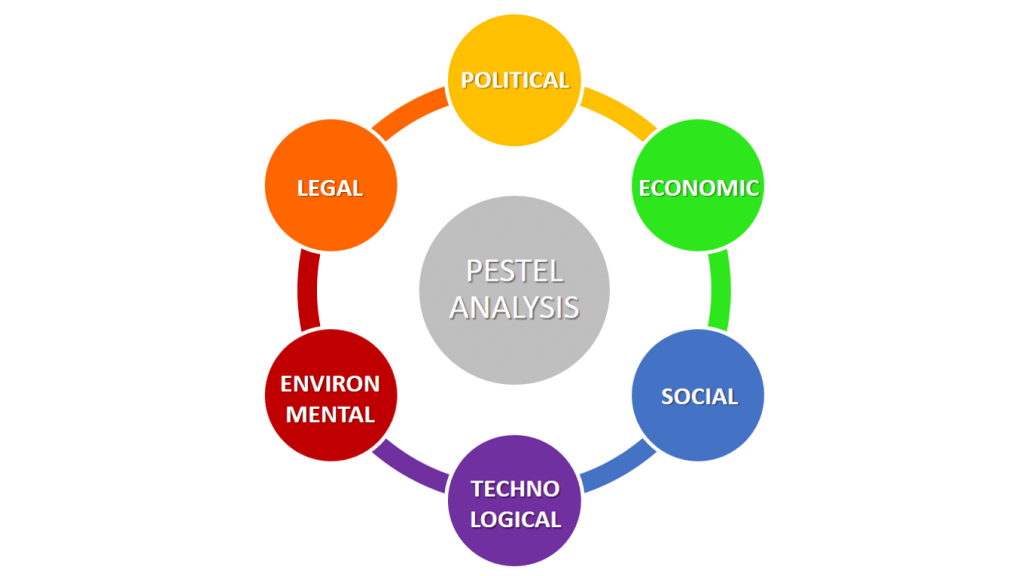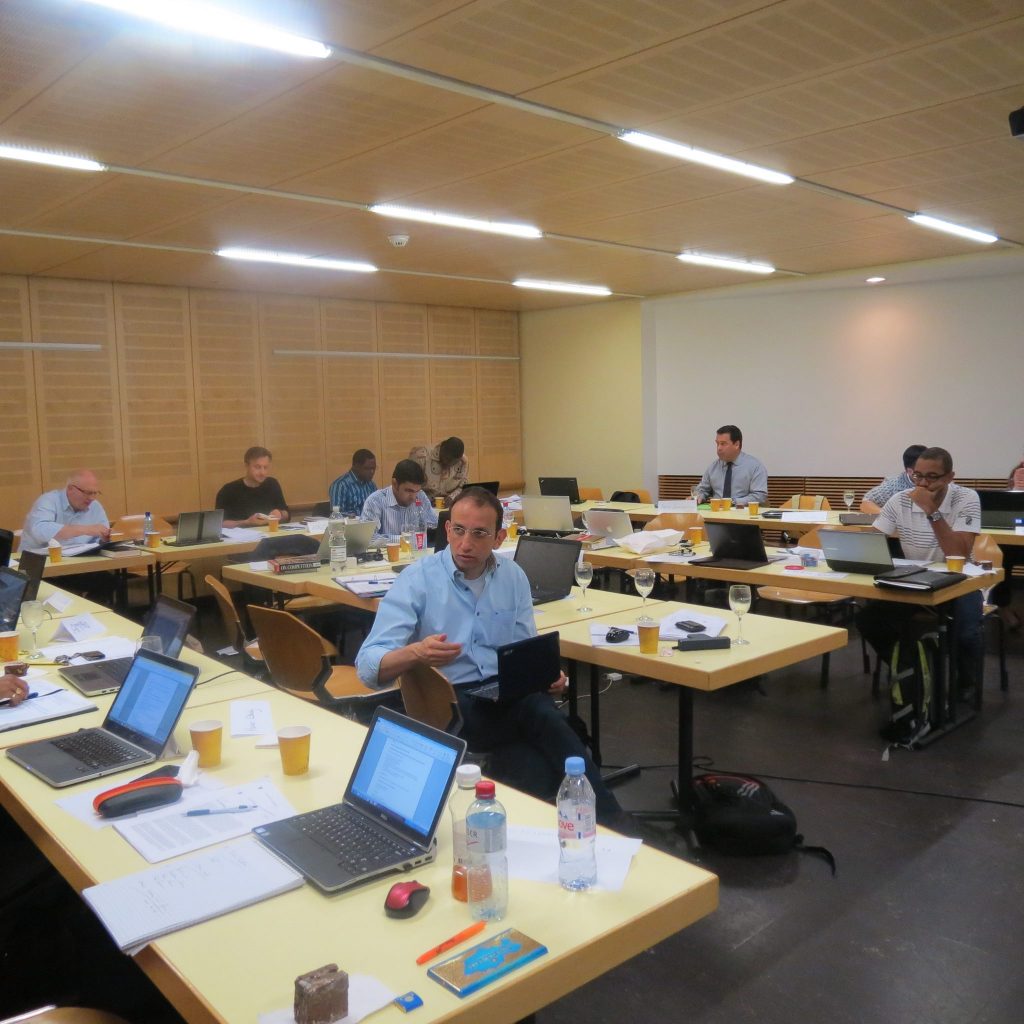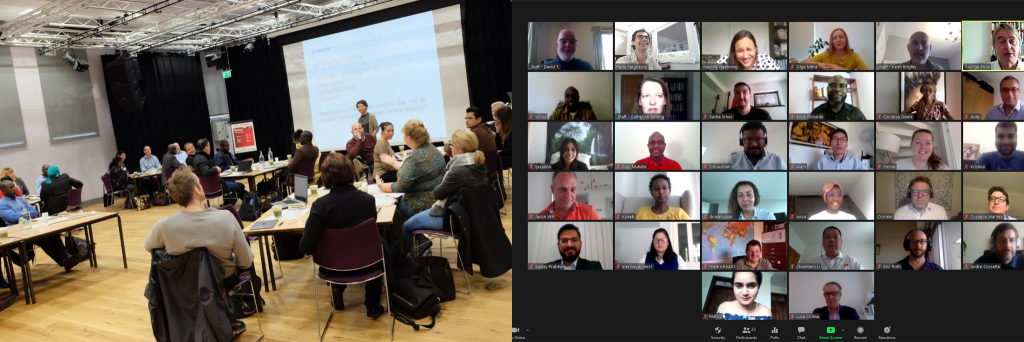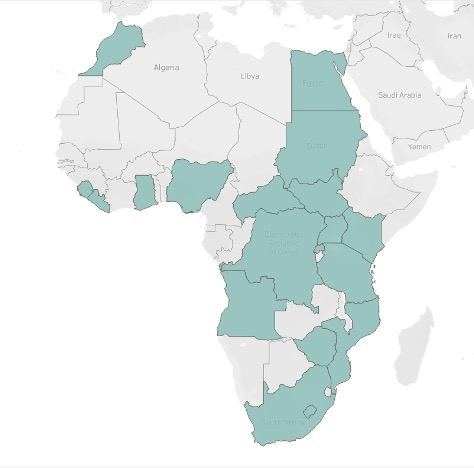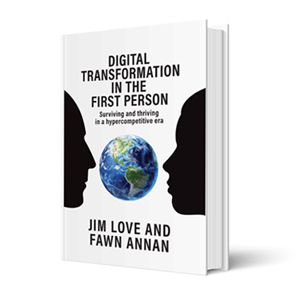Motherhood is unique for every woman. It’s full of joy, love, challenges, despair, anguish, fun, responsibility, selflessness, and sacrifice. As it is rightfully said,
A Mother is an epitome of love, strength, and sacrifice.
A mother makes many sacrifices while raising her family and children. The instinctive selflessness and dedication of a mother make her go to extraordinary lengths to care, protect, and provide for her children. Yet, while tending to the needs of her family, a mother commonly puts her career and further education on the back burner. According to a survey conducted by LinkedIn and Censuswide, nearly half of the working mothers consider a career pivot and prefer not returning to work after maternity leave in the US. And 63% of working mothers who opt to take a career break do so to spend more time with their children.
Now, if being a career woman, juggling between the roles of a wife and a mother is hard already, then deciding to enhance your career with a master’s education will make life much more challenging. But does it mean a mother cannot pursue her dream of having a job and family together? Should she not be allowed to advance her career?
The answer lies in what my mother always tells me:
I can do anything; I am a mother!
That’s right. You can do anything! Being a mother does not mean that you have to sacrifice your career and education goals. On the contrary, achieving that perfect work-life-study balance is very much possible (check out our blog and a short video about work-life balance) and realise your long-awaited dream. All it requires is a mix of planning, dedication, and clear focus on your ultimate goal.
Here are five tips that can help you better in the transition to a master’s students’ life:
Find your motivation
There could be several reasons for continuing education, such as updating your skills, gaining advanced qualifications, adding new knowledge or specialities, career pivot, financial enhancement, or the personal challenge of finally getting that university degree! First, find your motivation, as this motivation will keep you fueled and focused all through your journey of master’s for the next 1 to 2 years. Should you deviate, or lose focus, your motivation will always get you back on track and remind you of your ultimate goal.
An RKC alumni, Meg Plooy, a mother, a wife, a friend and a (foster) mother of Pitbulls, found her motivation in two things: First, to be an inspiration for her young children and be able to show them that if you work hard, anything is possible. The second was to advance her career opportunities.
Another master’s alumni, Manal Al-Khaled, shares her motivation, “In 2013, my daughters were only 4 and 5 years old when my husband lost his job due to political unrest in the region (Middle East). There was never a right time to do my Master’s degree. There were always other financial priorities, and with two little kids and a full-time job, time was a luxury I didn’t have much under my control. So I kept postponing it for all the reasons in the world. Then it hit me – it’s now no matter what”.
Develop and maintain a support network
One of our students, who is also a mother, suggests reducing personal commitment, waking up early, and staying up till late at night. While this arrangement may not always be possible for everyone, it is necessary to have a cushion, a support system to help you cope with any stressful situation you might face, or in case of emergencies. Do not hesitate to ask for help from your husband, siblings, parents, employer, or even neighbour!

Make a plan and work on a schedule
90% PLAN + 10% EXECUTION = 100% SUCCESS
Before you even enrol for a master’s, the first focus should be on how you will manage work, home, and studies. Plan a schedule and follow it religiously. Formulate a 30-60-90 plan according to the number of modules you register yourself for in a given quarter. A 30–60–90-day plan details the targets you plan to accomplish in the first 30, 60, and 90 days of your studies. Set concrete goals and a vision for your abilities at each stage of the plan, that will act as a guiding rope and will constantly move you towards the goal.
Planning your study space at home or work, away from distractions, is also essential. Again, self-organisation is critical to be able to plan efficiently and to be able to execute it successfully.
Most of RKC’s working mothers planned their days and weeks to strike an optimum balance; they would usually be working during the day on weekdays and allocate study hours to night-time and weekends.
Meg again: “A good routine and sticking to a schedule [are a must]. The best time to complete my studies was after the kids were in bed, which gave me anywhere from 2 to 2.5 hours each night. In addition, I used Monday through Thursday as “school nights”, which ensured I was still getting downtime over the weekends. This helped me to stay focused and manage time effectively”.
Find a study buddy
Trust that you are not alone in this situation. Getting back to being a student and coping with an online learning environment can be pretty daunting. Having a study buddy will help to relieve your stress and keep tabs on the OnlineCampus class discussions and assignments. For online education students, if you can look for a study partner in the same time zone, it will be more convenient for your interaction.

Believe in yourself!
As one of our students suggests, have the confidence to believe in yourself and not procrastinate. Obtaining a master’s degree is a life-changing experience for most, and you must believe in yourself that you can achieve this goal.
Naomi, an MA Leading Innovation and Change (now MBA LIC) graduate, gave herself this pep talk: “Yes, women face issues with their husbands, childcare, and the fact that society doesn’t expect too high an education from women. My friends think having a bachelor’s degree should be enough for me, especially because I own my own business. To the society around me: “what else are you looking for in life”? Also, challenges with workplace issues, especially when women are working for other employers. Lack of funds to sponsor oneself to school, tight work schedules, and traffic to get back home are all challenges. Eiiii!! Naomi, everything is possible. Don’t think of your tight schedule at your office, the needs of your staff, or the number of employees under you. Don’t even think your husband or your three children would be hindrances. Remember, Naomi, that with determination and hard work, you can make it”.
I agree the journey may not be a walk in the park, but taking one step at a time will bring you closer to your ultimate goal – attaining the Masters’ qualification. So many working mothers have successfully achieved their educational goals, and so can you.
Happy mother’s day to all of you out there, and if you have a story about being a working mother and a master’s student you would like to share, the floor is yours!














